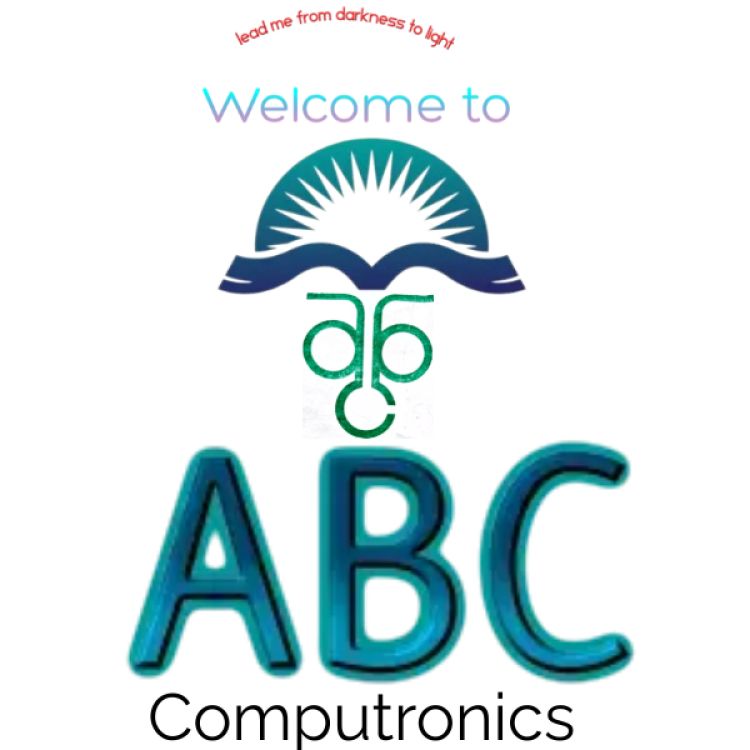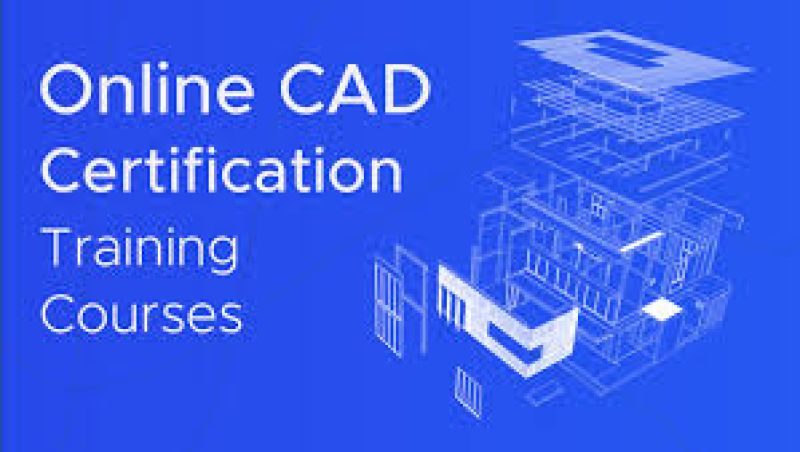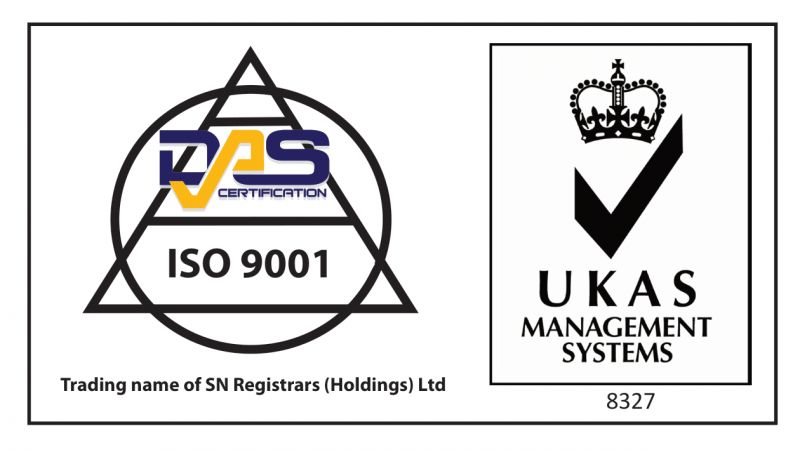Computer Trainings
Whether you’re just starting out or aiming to enhance your skills, these courses cover a wide range of topics in the fascinating world of computing.
1. Basic Level Computer Courses (After 10th & 12th):
- Certification Courses in Computer: These short-term courses introduce fundamental concepts like operating systems, file management, and basic programming. They are ideal for beginners and can be pursued after completing 10th or 12th grade.
- Crash Courses in Computer Sciences: These intensive crash courses provide a quick overview of essential computer science topics. They cover basics such as algorithms, data structures, and programming languages.
- Web Development Basics: Learn the essentials of HTML, CSS, and JavaScript to create simple web pages.
- Microsoft Office Suite: Familiarize yourself with Word, Excel, and PowerPoint for efficient document creation and data analysis.
2. Advanced Level Computer Courses After 12th:
- Bachelor’s Degree: Pursue a Bachelor of Technology (B.Tech) or Bachelor of Computer Applications (BCA) to delve deeper into computer science.
- Certificate Courses: Specialized certificates in areas like cybersecurity, data science, and machine learning.
- Diploma Courses: Longer programs that provide in-depth knowledge in software development, networking, and database management.
- Associate Degree: A two-year degree that bridges the gap between basic and advanced studies.
3. Advanced Level Computer Courses After Undergraduate:
- Master’s Degree: Opt for a Master of Science (M.Sc) or Master of Computer Applications (MCA) to specialize further.
- Post-Graduate Diploma Courses: These intensive programs focus on specific domains like artificial intelligence, cloud computing, or game development.
4. Doctorate Level Computer Courses After Post-Graduation:
- Ph.D. in Computer Science: For those passionate about research and innovation.
- Industry-Specific Certifications: Obtain certifications from industry leaders like Cisco, Microsoft, or AWS.
5. Online Learning Platforms:
Several online platforms offer courses with certificates:
- Coursera: Explore a variety of computer science courses, from fundamentals to advanced topics1.
- edX: Collaborate with top universities and institutions for high-quality courses.
- Udacity: Offers nanodegree programs in specialized areas.
- Codecademy: Learn programming languages interactively.
- Khan Academy: Provides free courses for students of all ages.
Remember, the field of computer science is vast, and your choice of courses should align with your interests and career goals. Whether you’re a beginner or an advanced learner, continuous learning is key in this dynamic field!
Read More










